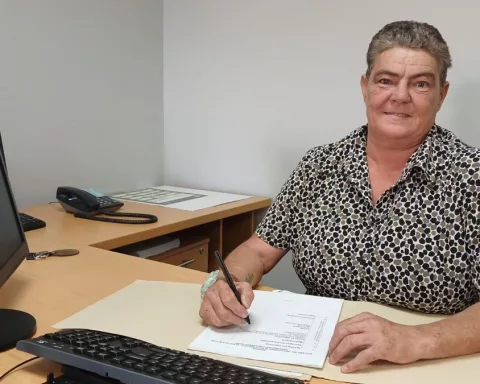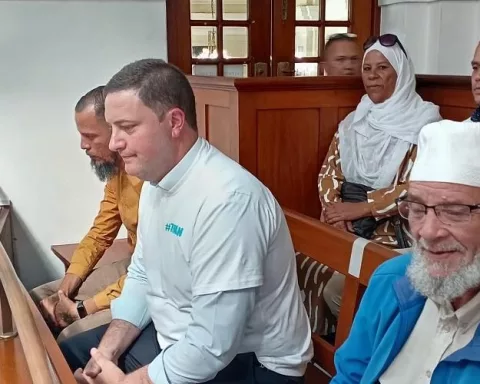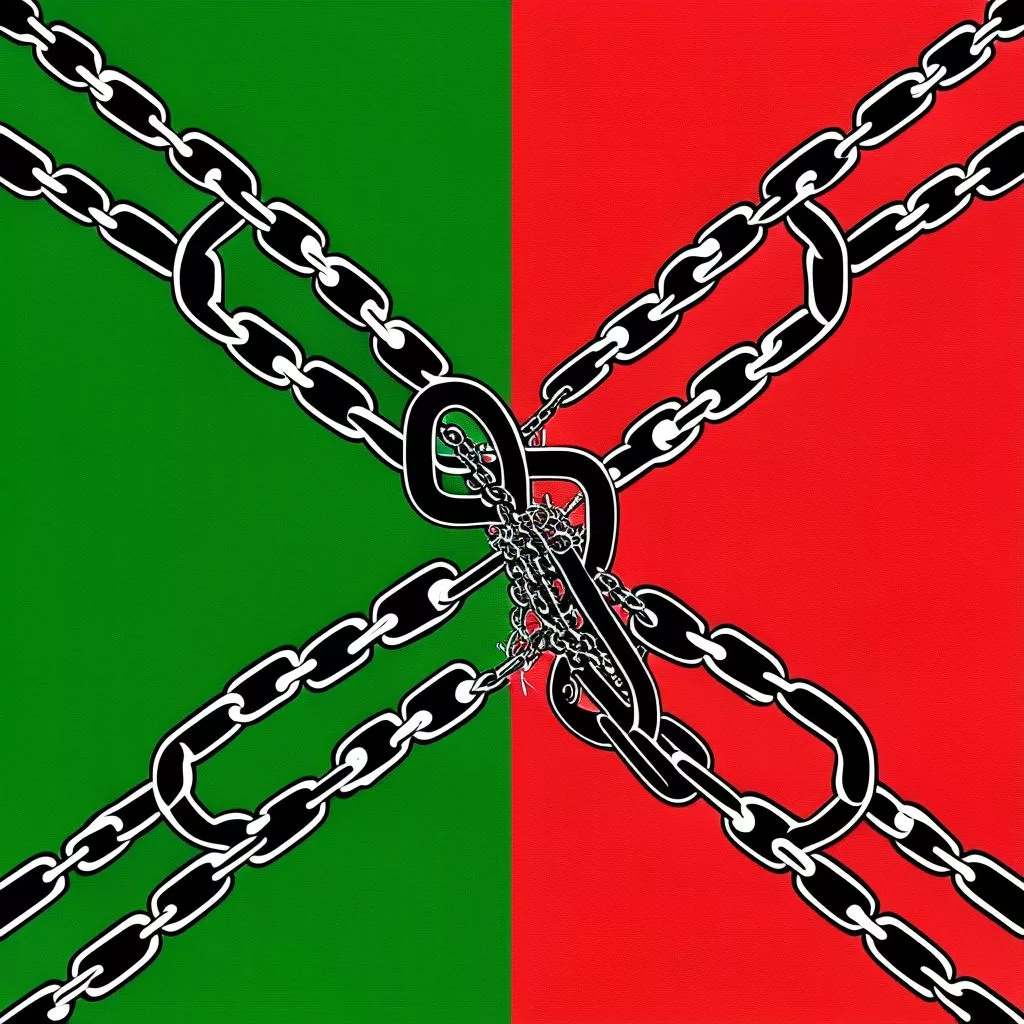Legal Aid South Africa is making a big change to help more people get legal support. Starting April 1, 2025, they will raise the income limits for legal aid, allowing more families to qualify. For example, the limit for criminal cases will go up from R8,700 to R9,100, and the cap for household assets will increase to R787,600. This means that people who are struggling financially, like single parents, can get the help they need to fight for their rights. Overall, these changes aim to make justice fairer and more accessible for everyone in South Africa.
What are the changes to the Means Test for Legal Aid in South Africa?
As of April 1, 2025, Legal Aid South Africa will revise its Means Test, raising eligibility thresholds for legal aid. Key updates include increases for criminal and civil matters from R8,700 to R9,100, and household asset caps up to R787,600, enhancing access to justice for financially struggling individuals.
Sweeping Changes to the Means Test
Legal Aid South Africa (Legal Aid SA) has made a significant announcement that marks a historic shift in the accessibility of legal services in the country. As of 1 April 2025, the organization will implement comprehensive revisions to its Means Test, a critical tool used to determine eligibility for legal aid. This strategic decision aims to widen the gateway to legal representation for numerous South Africans who are currently facing financial difficulties due to escalating living costs. Rising expenses have accentuated the need for accessible legal aid, and these adjustments are poised to alleviate some of the financial burdens on individuals and families.
Pateka Quwe, the spokesperson for Legal Aid SA, elaborated on these changes, emphasizing that the revisions align with the Consumer Price Index (CPI) increases. This alignment ensures that the new financial thresholds are reflective of the current economic climate, making legal aid more accessible to those who need it most. The reform is not merely a bureaucratic tweak; it is a significant step towards social equity and justice, ensuring that legal support is within reach for a larger segment of the population.
The historical role of the Means Test in determining eligibility cannot be understated. By revising the financial thresholds, Legal Aid SA is reaffirming its commitment to inclusivity and justice. The updated financial thresholds for legal aid eligibility are as follows: for criminal matters, the threshold will increase from R8,700 to R9,100, and for civil matters involving individual applicants, the limit will also rise from R8,700 to R9,100. For households, the threshold will see an increase from R9,500 to R9,900. Additionally, the limit for movable household assets will be adjusted from R167,800 to R167,900, and the cap for households owning property will climb from R754,400 to R787,600.
Prioritizing Vulnerable Demographics
One of the most notable aspects of these changes is the automatic qualification for legal aid in criminal cases involving minors, bypassing the Means Test entirely. This provision highlights Legal Aid SA’s ethical responsibility to protect children within the justice system. However, for civil matters involving children, families must still meet the updated financial criteria. This nuanced approach ensures that the most vulnerable segments of society receive the necessary legal support without facing bureaucratic obstacles.
Understanding the broader socio-economic context is crucial to fully appreciate the impact of these revisions. South Africa, like many other nations, is grappling with high living costs, which make it increasingly challenging for average citizens to secure essential services, including legal representation. The updated Means Test thresholds are a timely intervention aimed at alleviating some of these financial pressures. Legal Aid SA’s decision mirrors historical socio-legal reforms, such as the expansion of legal aid in the United States during the 1960s under President Lyndon B. Johnson’s “War on Poverty.” Both instances reflect a broader commitment to justice and equality.
To illustrate the real-world impact, consider the case of Thandi, a single mother living in Cape Town. Thandi works two jobs to support her three children and barely manages to stay above the poverty line. She finds herself in a legal dispute with her landlord over unfair eviction practices. Under the previous Means Test thresholds, Thandi would have struggled to qualify for legal aid, putting her at a significant disadvantage. The revised thresholds, however, offer her a fighting chance, enabling her to access the legal representation she needs to challenge the eviction and protect her family.
Addressing Economic Realities
The artistic world often reflects societal shifts. The Realist movement in art, which emerged in the mid-19th century, aimed to depict everyday life with unembellished accuracy. Similarly, the revision of the Means Test by Legal Aid SA seeks to address the real, often harsh, economic realities faced by South Africans. Both efforts strive to highlight and mitigate the struggles of ordinary people.
Revisiting the specifics, Quwe pointed out that the revision also accounts for the value of movable and immovable assets. For households without property, the asset limit will be modestly increased from R167,800 to R167,900. In contrast, for households owning property, the threshold will see a more substantial rise from R754,400 to R787,600. This careful approach ensures that the assistance provided is both equitable and reflective of diverse economic circumstances.
These changes carry substantial implications for South Africa’s legal landscape. By raising the financial thresholds, Legal Aid SA ensures that more people can access legal assistance, promoting a more just and equitable society. These moves resonate with the principles of social justice and equality, echoing historical movements aimed at democratizing access to essential services.
A Global Context and Historical Parallels
In criminal justice, the automatic qualification for minors in criminal cases signifies a profound understanding of the need to protect vulnerable demographics. This measure aligns with international human rights standards, which advocate for safeguarding children involved in legal proceedings. It reflects a compassionate and progressive approach, ensuring that children receive the protection and representation they deserve.
From an analytical perspective, this proactive stance by Legal Aid SA aligns with broader global trends. Many countries are re-evaluating their legal aid systems to better serve their populations amid growing economic challenges. By revising the Means Test, Legal Aid SA places itself at the forefront of this global movement, setting a precedent for other nations grappling with similar issues.
Delving deeper into the historical context, parallels can be drawn with earlier reforms aimed at expanding access to legal services. For instance, the establishment of the Legal Services Corporation (LSC) in the United States in 1974 aimed to provide civil legal aid to low-income Americans. South Africa’s recent amendments echo this mission, underscoring the universal need for accessible legal representation.
Legal Aid South Africa’s decision to revise its Means Test thresholds marks a significant milestone in the pursuit of justice and equity. By increasing financial thresholds, the organization ensures that a broader segment of the population can access essential legal services. This move is not merely a technical adjustment but a reflection of a deeper commitment to social justice. As South Africans navigate economic challenges, these changes offer a glimmer of hope, ensuring that justice remains within reach for all.
The revised thresholds will enable more individuals and families to qualify for legal assistance, providing them with the necessary support to navigate legal challenges. This proactive approach by Legal Aid SA demonstrates a profound understanding of the socio-economic realities faced by many South Africans and reinforces the organization’s dedication to promoting justice and equality. As these changes take effect, they will undoubtedly contribute to a more just and equitable society, where legal representation is accessible to all, regardless of financial circumstances.
FAQ on Legal Aid South Africa’s Changes to the Means Test
What changes are being made to the Means Test for Legal Aid in South Africa?
As of April 1, 2025, Legal Aid South Africa will increase the eligibility thresholds for legal aid. The limits for criminal and civil matters will rise from R8,700 to R9,100, while the household asset cap will increase to R787,600. These updates aim to enhance access to justice for individuals facing financial challenges.
Who will benefit from these changes?
The revised Means Test will benefit financially struggling individuals and families, including single parents and others who have difficulty affording legal representation. The changes are particularly significant for those who previously fell just outside the eligibility thresholds.
Will minors automatically qualify for legal aid in criminal cases?
Yes, minors will automatically qualify for legal aid in criminal cases, bypassing the Means Test entirely. This provision is designed to ensure that children receive the necessary legal support and protection within the justice system.
What are the household asset limits under the new Means Test?
Under the updated Means Test, the household asset limit for movable assets will increase from R167,800 to R167,900. For households owning property, the asset cap will rise from R754,400 to R787,600. This adjustment reflects the current economic conditions and aims to assist more families in need of legal aid.
How do these changes align with the economic context in South Africa?
The adjustments to the Means Test thresholds are a response to the rising living costs in South Africa. By aligning the financial criteria with the Consumer Price Index (CPI), Legal Aid SA seeks to ensure that legal support remains accessible to those most affected by economic hardships.
Why is this change important for social justice?
Revising the Means Test is a significant step towards promoting social equity and justice in South Africa. By widening access to legal assistance, Legal Aid SA is reaffirming its commitment to inclusivity, ensuring that everyone, regardless of their financial situation, has the opportunity to seek legal representation and protect their rights.












